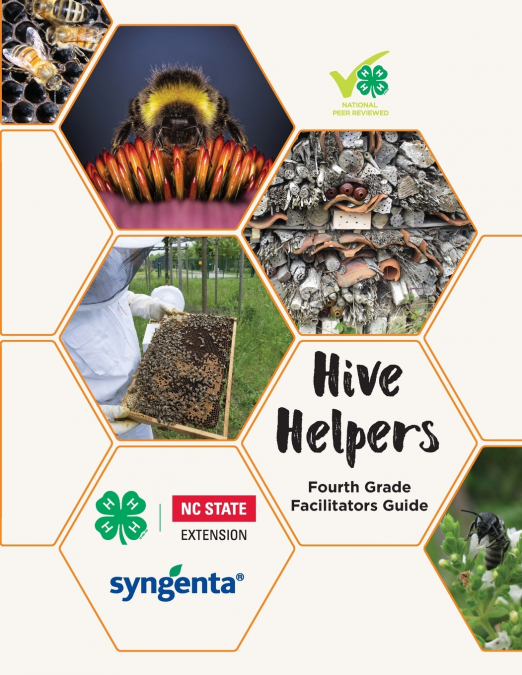
North Carolina State University 4-H
 Librería Desdémona
Librería Desdémona
 Librería Samer Atenea
Librería Samer Atenea
 Librería Aciertas (Toledo)
Librería Aciertas (Toledo)
 Kálamo Books
Kálamo Books
 Librería Perelló (Valencia)
Librería Perelló (Valencia)
 Librería Elías (Asturias)
Librería Elías (Asturias)
 Donde los libros
Donde los libros
 Librería Kolima (Madrid)
Librería Kolima (Madrid)
 Librería Proteo (Málaga)
Librería Proteo (Málaga)
Every spring and summer, youth and adults alike enjoy sweet-smelling flowers and listening to the buzzing sound that comes from the rapidly beating wings of busy bees. Through a series of seven lessons and multiple experiential activities, youth will learn how critical bees are to our agricultural industry and native ecosystems. They will explore different types of bees, their structures, and functions, how they forage for food, pollinate plants, and the ways bees share information. Youth will study native bees and the honey bee and discover the significant role they play in the production of delicious and healthy food that humans have been eating for centuries; such as apples, blueberries, cherries, watermelons, and almonds.Through hands-on and engaging exploration of habitat differences and diversity, youth will understand what honey bees, native bees, and other pollinators need in order to thrive. From creating a pollinator garden to building mason bee homes, youth will realize the importance of pollinator stewardship and ways they can support strong and vibrant ecosystems for pollinators. The curriculum concludes with an overview of how people can help bees. Youth will learn how to provide nesting habitats, use best management practices in beekeeping and building native bee homes. To share and engage others in caring about bees, youth will create an awareness campaign.